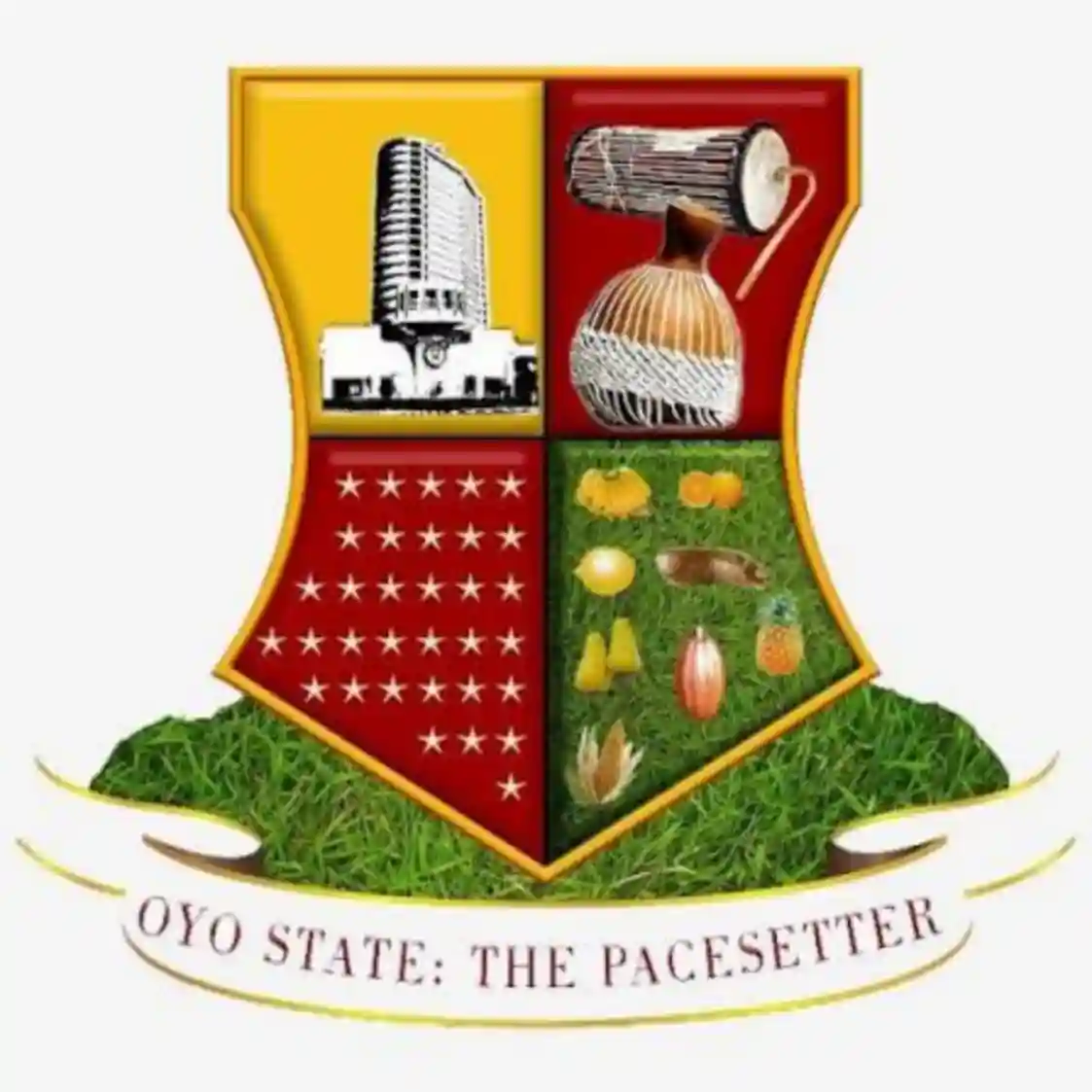Oyo State has taken a major step toward improving social inclusion and poverty reduction as the Acting Governor, Barrister Adebayo Lawal, launched the Sustainable Social Protection Programme in Nigeria (SUSI). The programme was launched at the Executive Council Chambers of the Governor’s Office and is aimed at strengthening human capital development and promoting sustainable development across the state and beyond.
Speaking at the launch, Barrister Lawal said social protection has been made a key part of the state’s development agenda, especially during the COVID-19 pandemic. According to him, the state rolled out robust interventions that cushioned the impact of the crisis, including expanding healthcare coverage and registering over 24,000 households under the State Operation Coordinating Unit (SOCU). He added that “measures have been put in place to fight poverty and support livelihoods,” citing the distribution of food packages to more than 200,000 vulnerable households, loans worth ₦500 million to small businesses, and ₦1 billion grants to boost food security. He also highlighted the introduction of 46 subsidized buses to cut transportation costs for residents.
The Acting Governor stressed the importance of a comprehensive legal framework to sustain these efforts and deepen social inclusion in Oyo State. He explained that the government, with support from partners such as the European Union, UNICEF, and the International Labour Organization, plans to institutionalize these social protection policies and improve coordination among ministries and agencies.
In her remark, UNICEF Chief, Lagos Office, Celine Lafoucriere, said, “Social protection is a lifeline rather than a luxury.” She praised the Oyo State Government for taking remarkable steps to protect vulnerable groups, stating that the Social Protection Policies offer hope and a pathway to care for children and other at-risk populations.
The event concluded with a field trip to Oke-suna, Odo-Oba, in Ibadan South East Local Government Area, where members of the UNICEF team, the media, and government officials interacted with vulnerable households already captured in the state’s social protection register.

